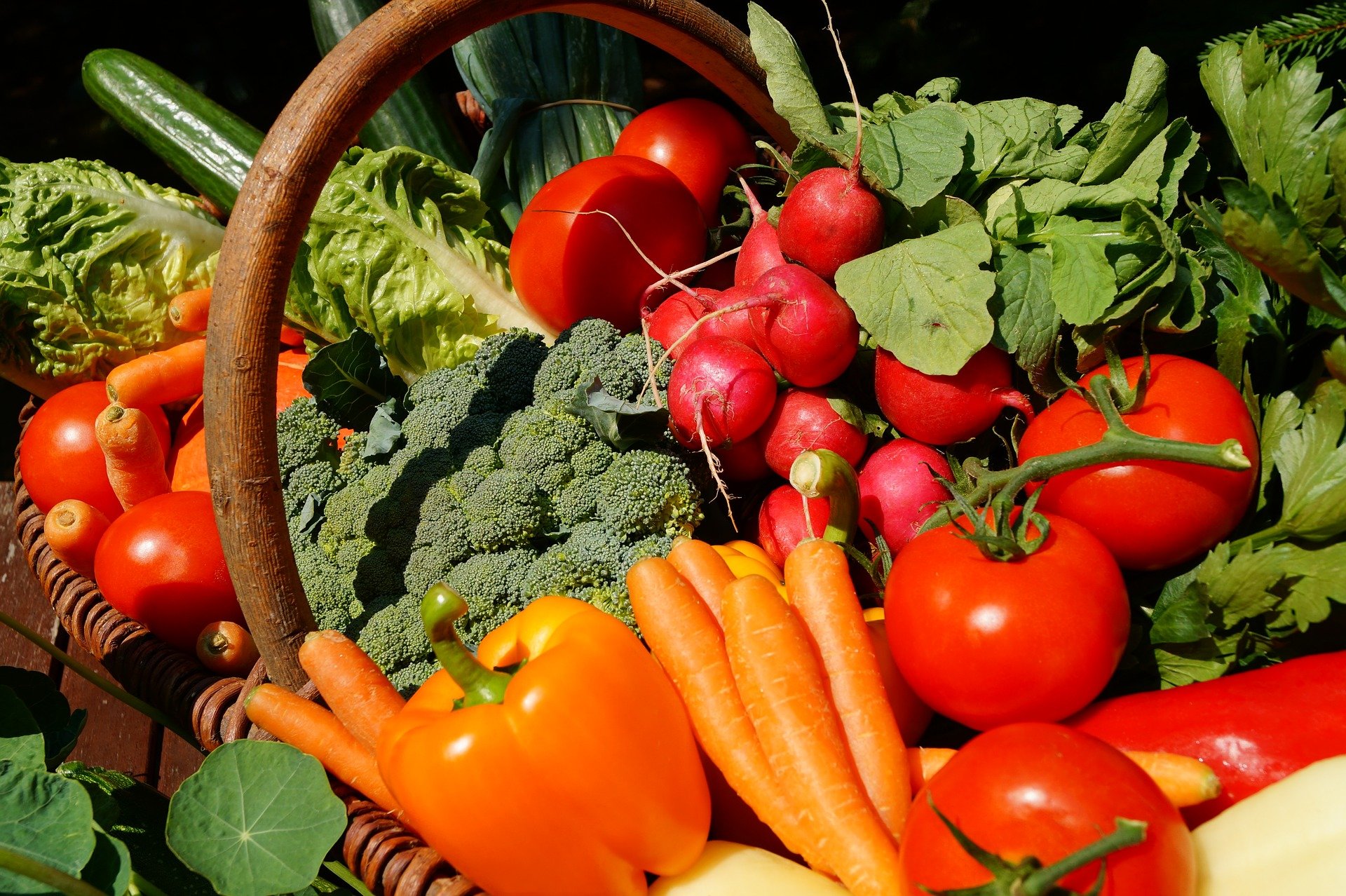This ethnographic research of fruit and vegetable retail selling included presumably observation. It took place in the Moscow region from 2015 to 2021. We found that an individual entrepreneur, a street seller, successfully competed with big retail chains and big specialised ‘ethnic shops’ during the high retail outlet density. During this time, the seller tried different selling strategies and tactics. Especially important for his success was building the image of a person selling ‘hand-chosen’ products. The seller’s value proposition included high quality, local origin and regional specialisation of fruits and vegetables. The high quality presupposed an attractive appearance and a pronounced taste of the product supported by customers’ beliefs about the seller’s contribution to this quality, the seller’s expertise. The seller demonstrated to the customers his wish to provide the clients with the best fruits and vegetables from the chosen farmers, while other sellers did not specify their suppliers. Localised and regionalised origin of fruit and vegetables had to accomplish his customers’ expectations: ‘watermelons and tomatoes from Volgograd’ or ‘peaches from Crimea’ are well known and appreciated. Therefore, the proposition’s structure and the purchase were the following: a particular good was in the centre of a customer’s interest. For example, the buyer came for the ‘Volgograd pink or yellow tomatoes’ that were a special offer by this particular seller. The significance of the central purchase was great regarding its quantity, price and meaning. Buying fruit and vegetables of just high quality happened in addition to the regionally specific ones. The merchant’s problems began when he stopped selling regional specialities and replaced them with products just of high quality.
About the author
Related Posts
May 22, 2022
Business security


